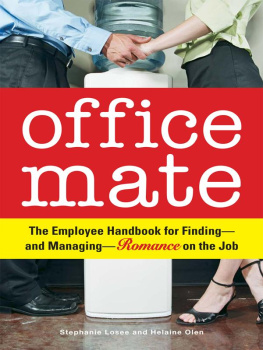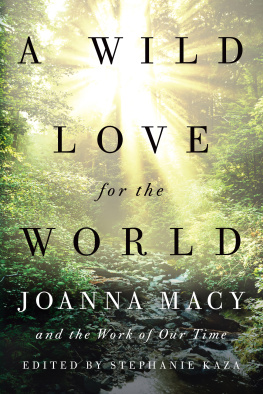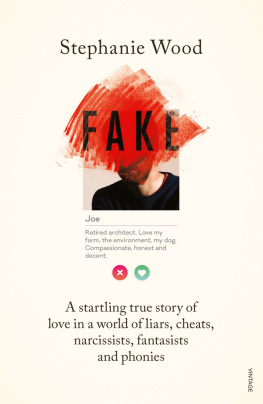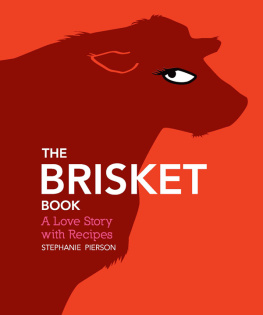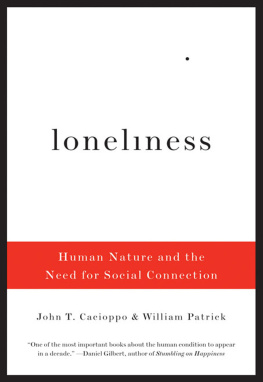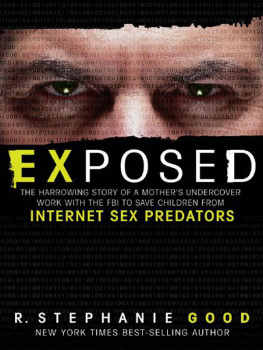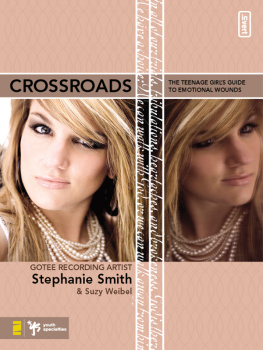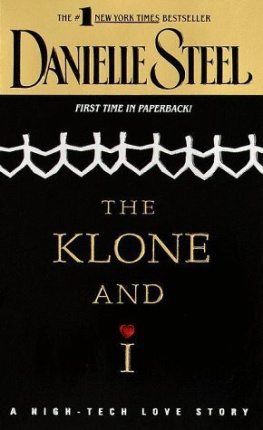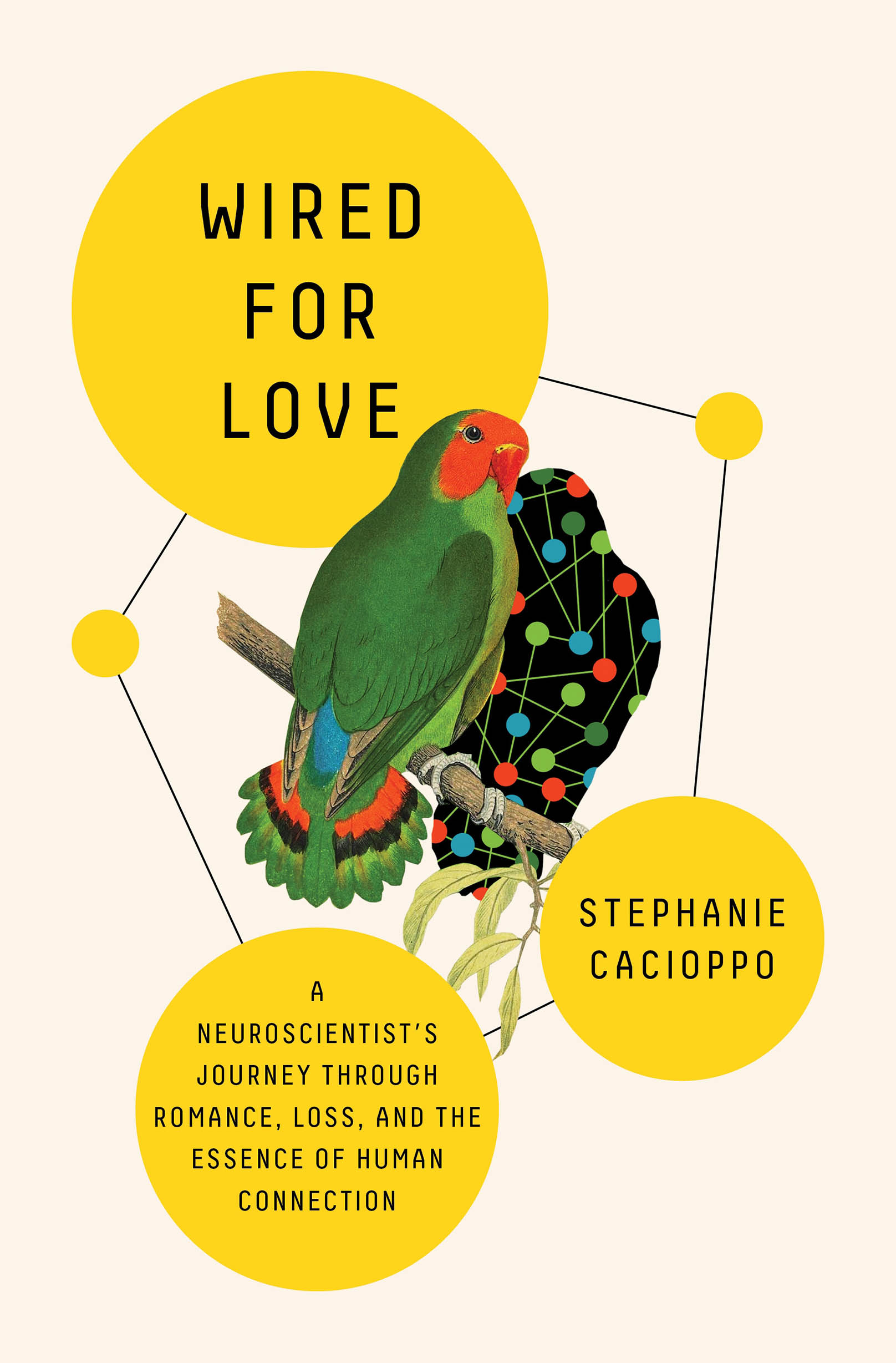Contents
Guide
Pagebreaks of the print version

The author and publisher have provided this e-book to you for your personal use only. You may not make this e-book publicly available in any way. Copyright infringement is against the law. If you believe the copy of this e-book you are reading infringes on the authors copyright, please notify the publisher at: us.macmillanusa.com/piracy.
TO
YOU
You cant blame gravity for falling in love.
ALBERT EINSTEIN
Paul Dirac was nobodys idea of Prince Charming. But he was a genius. In fact, after Einstein, Dirac was perhaps the most brilliant theoretical physicist of the twentieth century. He pioneered the field of quantum mechanics. He correctly predicted the existence of antimatter. In 1933, he won a Nobel Prize when he was just thirty-one years old. Yet, in terms of his personal life, the physicist was the social equivalent of a black hole. Colleagues described him as almost pathologically reticent and jokingly invented a unit called the dirac to measure his rate of conversation: one word per hour. At the University of Bristol, and then in graduate school in Cambridge, Dirac formed no close friendships, to say nothing of romantic relationships. He cared only for his work and was amazed that other physicists spent precious time reading poetry, which he thought was incompatible with science. Once, attending a dance with his fellow physicist Werner Heisenberg, Dirac looked out on a sea of swaying bodies and couldnt understand the point of this strange ritual.
Why do you dance? Dirac asked his colleague.
When there are nice girls it is a pleasure to dance, he replied.
Dirac reflected on this answer for a long time, then posed another question.
Heisenberg, how do you know beforehand that the girls are nice?
In 1934, Dirac was introduced to a middle-aged Hungarian woman named Margit Wigner. Everyone called her Manci. She was his opposite in many ways: scientifically illiterate, extroverted, fun . But she took a strange interest in this aloof physicist. She detected a capacity in him that he did not see in himself. She wrote him love letters; he responded with shrugs, correcting her English and criticizing her appearance. She said he deserved a second Nobel prizein cruelty.
Yet she did not give up on him. She convinced him to spend time with her, to share his dreams, to confess his fears. He began, by degrees, to soften. When they parted after one long visit, he was astonished by an entirely new sensation. I miss you, he said. I do not understand why this should be, as I do not usually miss people when I leave them.
Dirac and Manci would eventually marry and spend a half century happily in love. In one of his letters, Dirac told his wife that she had taught him something that, for all his genius, he never could have figured out on his own. Manci, my darling You have made a wonderful alteration in my life. You have made me human.
All the Single People
Diracs story illustrates how the power of love helps us realize our innate human potential. Understanding that powerwhy it evolved, how it functions, how it can be harnessed to strengthen our bodies and open our mindsis the subject of this book. It is a subject that has only gotten more complex in recent years. We live in a time when the environment needed to sustain love is being stressed in new ways. Marriage rates have plunged to historic lows. Half of adults in the United States are now singlecompared to 22 percent in 1950. And while all these single people arent necessary lonelyas well learn, theres an important difference between being alone and lonelinessthose who are single not by choice but by circumstance are more likely to feel lonely. This includes many single parents. According to a nationally representative survey carried out in 2020, single parent households report higher levels of loneliness than other households; and a 2018 survey from Scotland showed that one in three single parents felt lonely frequently, while one in two reported feeling lonely some of the time. Loneliness has in fact become so pervasive and so damaging that many public health experts describe it now as a full-blown epidemic, one that touches not only single people but also unhappy couples.
Maybe this yearning for human connection explains why online dating has been growing at an explosive rate. Between 2015 and 2020, dating app revenues jumped from $1.69 to $3.08 billion and are projected to nearly double again by 2025. And according to an online survey conducted in the last quarter of 2020, nearly 39 percent of single, widowed, or divorced internet users say they used an online dating service in the previous month.
Yet despite the sophisticated new algorithms designed to deliver the perfect partnerand some encouraging data about the success of long-term relationships formed onlinemany people report that dating has gotten more difficult in the last decade. While some of us find love, others keep swiping, looking for that special someone, feeling like the perfect match is within reach but not knowing how to connect.
Are we holding love to a higher standard than we once did? Is there something about digital-age dating thats fundamentally different from meeting someone in real life? Does the dating pool seem shallow to you? Or, on the flip side, are there just too many fish in the sea? The more you trawl, the more you worry that something is wrong with your net. While the common view is the more choice the better, research has challenged this idea by showing that people prefer a limited range of choicesoften between eight to fifteenover a more extensive array of options. Beyond fifteen options, people start to feel overwhelmed. Psychologists call this problem choice overload . I prefer the term FOBO: fear of a better option.
Whatever you call it, its exhaustingso much so that, for many single people on the dating market, the arrival of the Covid-19 pandemic gave them the excuse they were waiting for to close up shop and retreat into the safety of celibacy. As the pandemic started to ease, some single people actually started to experience FODA: the fear of dating again. Maybe they had been traumatized by the alienation caused by commodifying their self-worth and packaging it for consumption in a digital marketplace. Maybe they were ghosted one too many times. Maybe they were tired of looking for love and coming up short.
Of course, that wasnt everyones story. While some people put their romantic plans on pause during the pandemic, the use of dating apps overall actually went up, as people sought connections online. And while many people were reluctant to date again after emerging from lockdown, other singles felt a jolt of energy, hoping to finally find the One by entirely changing their dating MO: Some turned to type-casting (only meeting prospective mates who checked all the boxes); others to apocalypsing (treating your next relationship like its your last) .
The pandemic wasnt only an enormous test for single people battling the effects of social isolation but also for those in relationshipswho spent more time together than ever before. As happened during other global crises (the Great Depression, World War II), marriage rates fell, crashing through prepandemic lows. With their plans on hold, couples slowed down and got to know each other betterfor better or worse. A Cambridge doctoral student in mathematics calculated that the average relationship aged by four years during lockdown. Some people wanted out; cultural commentators speculated that relationships on the rocks would not survive the stress of lockdown; and there were reports in the press about divorce lawyers being inundated with calls. But according to a survey conducted a few months into the pandemic, half of American couples said the experience of confinement actually made their relationship stronger; only one percent said they were worse off as a couple.


